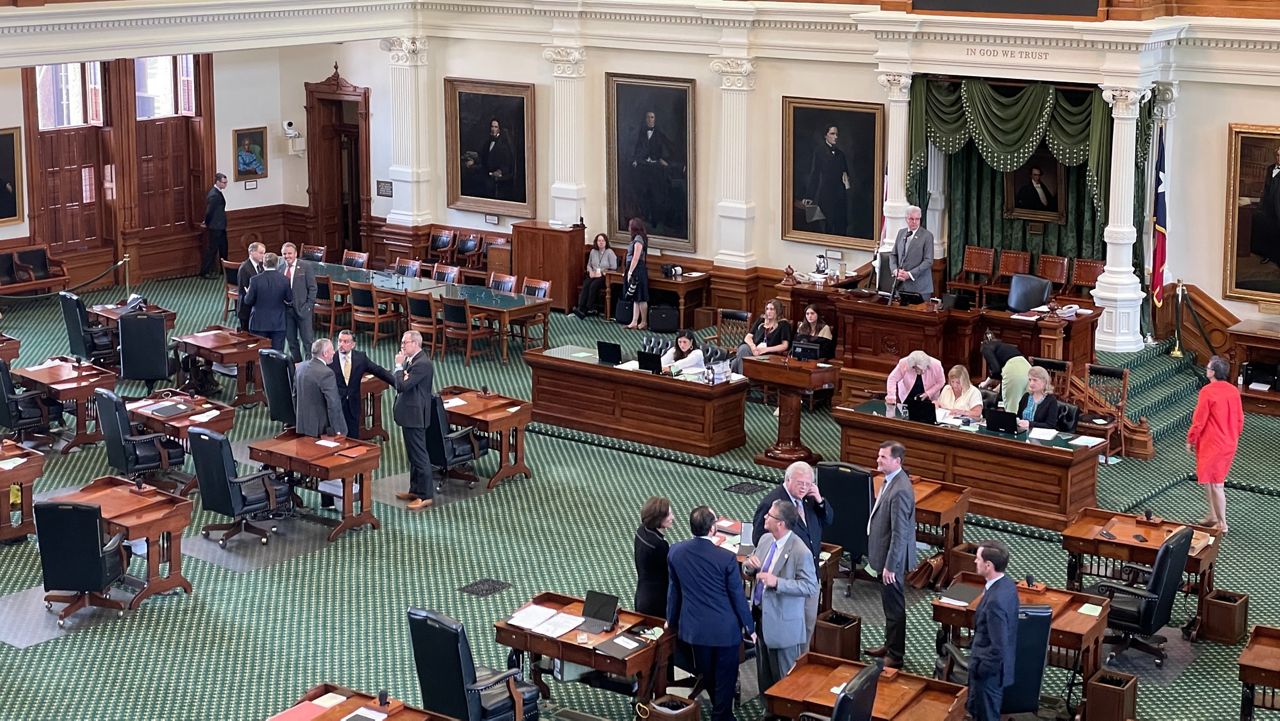AUSTIN, Texas — After February’s historic winter freeze, lawmakers made it a priority to address the weatherization of the energy grid to ensure the widespread power outages Texans endured don’t happen again. But about eight months later, with winter right around the corner, energy experts say they’re not confident enough has been done to make the grid more resilient to extreme temperatures.
“If we get another polar vortex down here through January, February, March, our grid is not going to be able to withstand it. You know, it's going to be a matter of luck and hope,” said Ed Hirs, an energy fellow at the University of Houston.
During this year’s regular legislative session, lawmakers passed a bill they claimed would drive the weatherization of the energy grid and prevent future long-term blackouts like Texans experienced in February. But experts say those efforts didn’t come close enough to prevent another catastrophe.
“I think lawmakers knew that they didn't go far enough with Senate Bill 3. There's not strong penalties in the bill. There's not, you know, clear mandates for everybody to weatherize. There was never a timeline that was supposed to get us through this winter,” said Adrian Shelley, the Texas office director for Public Citizen, a consumer advocacy group.
The Public Utility Commission, which regulates utilities and is designing the weatherization requirements for power plants, adopted recommendations made after the 2011 winter storm and is requiring power plants and transmission lines to meet those winterization standards to the best of their ability this year. But the Texas Railroad Commission, which oversees natural gas suppliers, has not adopted similar requirements and is allowing those operators to opt out of winterization efforts. The agency did not respond to our request for comment.
When asked about how that could affect the overall reliability, PUC Chairman Peter Lake said in an interview on Capital Tonight, there are a lot of concerns.
“At the end of the day, it’s a partnership with the Railroad Commission. We all have to work together,” Lake said. “The electric grid and the natural gas supply chain have to work together to keep the lights on. We’ve taken big steps to require federal level winterization standards at our power generators. The Railroad Commission is working on the much bigger and more complex natural gas supply chain. We know exactly how many power generators we have. We know where they are. So we can tackle that in a pretty straightforward manner. It’s a much bigger ecosystem on the natural gas side, but we’re taking steps in conjunction with the Railroad Commission to make sure that, especially for this winter, we’re at least hitting the key points while the broader mapping process takes place.”
It's a concern for Texans like David Rojas, who lost power for days in February, had to leave his apartment and returned to flooding from burst pipes. He doesn’t want to relive that ever again.
“I think that I'm in that camp with a lot of other people where it's like, ‘can I get a generator? Can I afford a generator?’” Rojas asked. “I think there's trauma basically associated with any future storms, where Texas residents are saying to themselves, ‘Texas is not ready for this. We are going to have to figure it out on our own.’”
Lake said while he knows there’s still a lot to work on and admits there are no good examples for how to navigate a market redesign, Texans should be more confident this winter based on several factors.
“We’re running the grid with an abundance of caution. In the past the ERCOT [Electric Reliability Council of Texas] system was built on a crisis based business model and we’ve moved away from that to make sure that in the ERCOT control room, if there’s just a hint of trouble on the horizon, the ERCOT operators are turning on more power plants sooner rather than later,” he said.
Click the video link above to watch our full interview with Lake.
